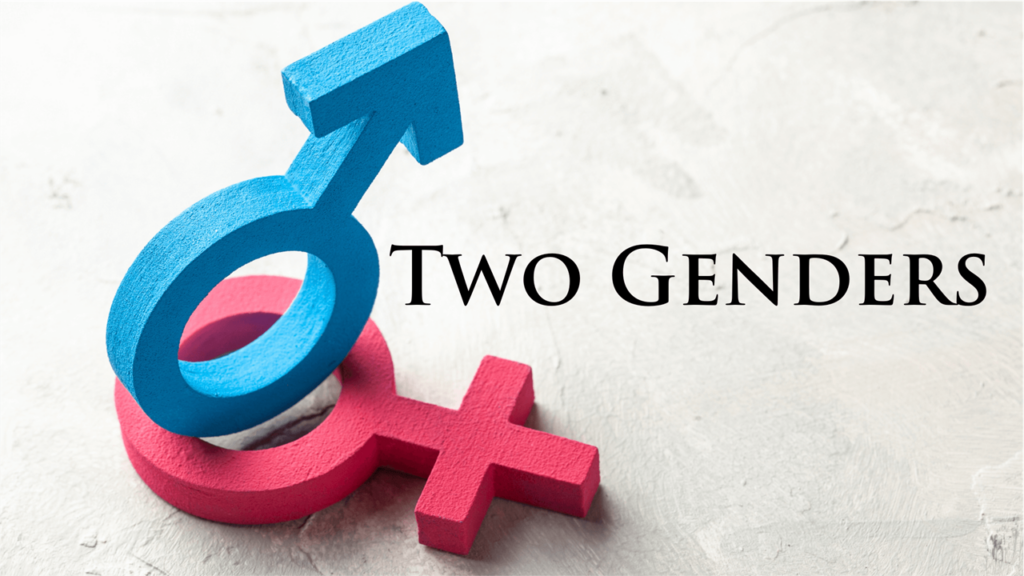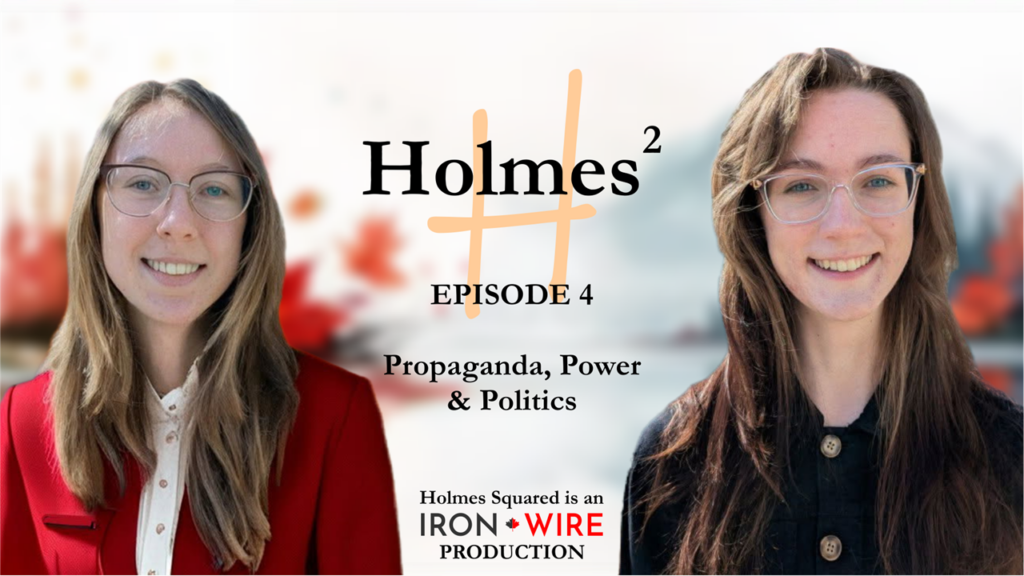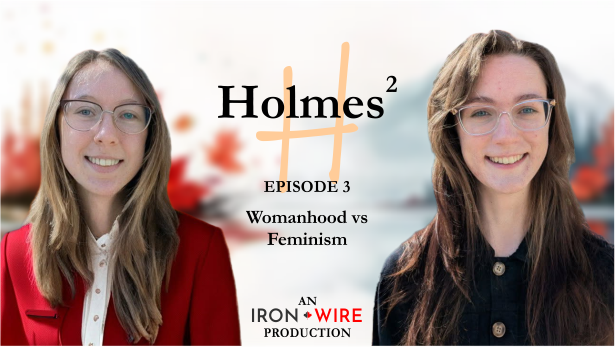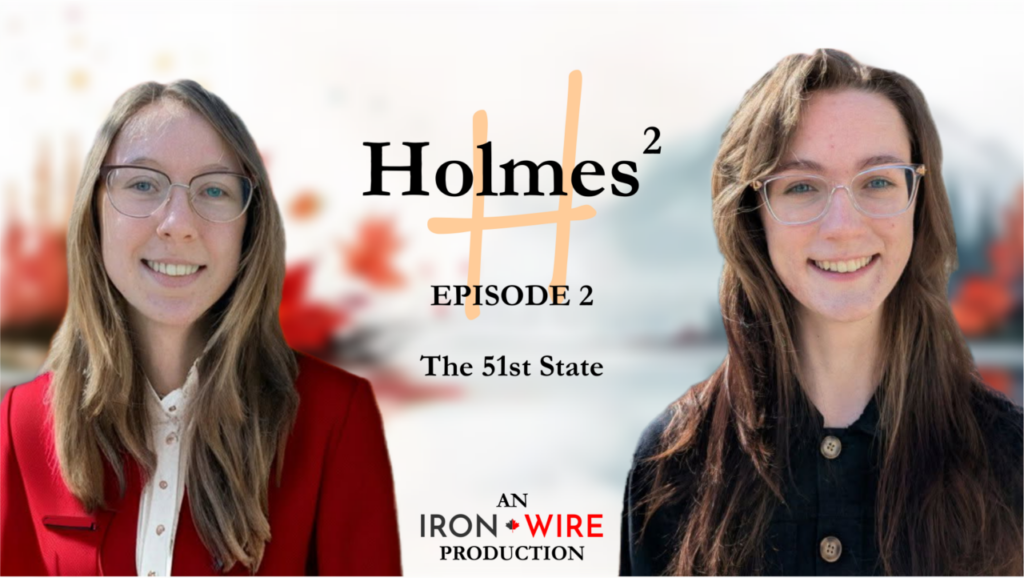UK Supreme Court rules legal definition of a woman is based on biological sex – live updates
Sex discrimination cases interpreted as referring to biological womenpublished at 10:46 British Summer Time
Lord Hodge continued his nine points by saying the fourth point is that “as a matter of ordinary language” cases relating to sex discrimination can “only be interpreted” as referring to biological women.
The fifth point stated that the court rejected the suggestion that words like women can be “variable”. If references to pregnancy were “only” for biological women but other references in the legislation were for “certificated sex” then the “coherence” of the legislation would be undermined.
The sixth point states that the Scottish government’s interpretation of the Act would “create two sub-groups” with trans people possessing a gender recognition certificate having more rights than those who did not. There would be “no obvious means” of distinguishing between sub-groups, as details on who had a certificate would be private, he said.
Scottish trans charity urges people ‘not to panic’published at 10:43 British Summer Time
Edinburgh-based trans rights charity Scottish Trans says it is urging people “not to panic” after a ruling that the legal definition of a woman is based on biological sex.
“There will be lots of commentary coming out quickly that is likely to deliberately overstate the impact that this decision is going to have on all trans people’s lives,” the charity writes on social media platform Bluesky.
“We’ll say more as soon as we’re able to. Please look out for yourselves and each other today,” the statement adds.
Trans women still have legal protection, says Supreme Courtpublished at 10:41 British Summer Time
The Supreme Court said its interpretation should not remove protection from transgender people, whether or not they have a Gender Recognition Certificate (GRC).
It added: “Trans people are protected from discrimination on the grounds of gender reassignment.”
The ruling also said trans women can claim sex discrimination because they are perceived to be women.
A GRC is not required to give this legal protection.
‘Women can now feel safe’published at 10:39 British Summer Time
“This has been a really, really long road,” says Susan Smith, the co-founder of For Women Scotland.
She says: “Today the judges have said what we always believed to be the case, that women are protected by their biological sex.
“Sex is real and women can now feel safe that services and spaces designated for women are for women and we are enormously grateful to the Supreme Court for this ruling.”
‘Certificated sex’ would create heterogenous groupings, ruling sayspublished at 10:35 British Summer Time
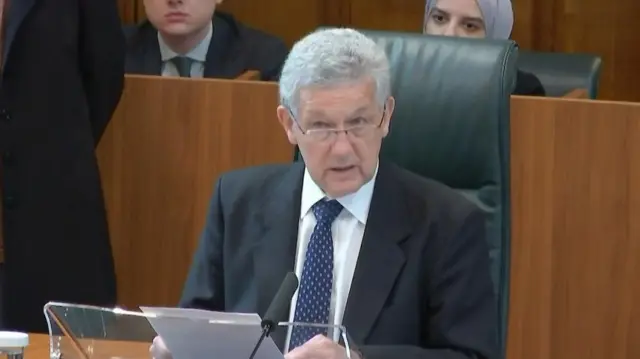 Image source, PA Media
Image source, PA Media
Lord Hodge outlined nine reasons why the judges ruled as they did.
The first is that the Equalities Act (EA) provides group-based protections against discrimination on the grounds of sex and gender reassignment.
The second point was that the EA must be implemented in a “clear and consistent” way.
The third point was that interpreting sex as ‘certificated sex’ would create “heterogenous groupings” by cutting across definitions of man and woman in the EA in an “incoherent” way.
Ruling says the concept of sex is binarypublished at 10:34 British Summer Time
In an 88-page ruling, Lord Hodge, Lady Rose and Lady Simler said: “The definition of sex in the Equality Act 2010 makes clear that the concept of sex is binary, a person is either a woman or a man.
“Persons who share that protected characteristic for the purposes of the group-based rights and protections are persons of the same sex and provisions that refer to protection for women necessarily exclude men.
“Although the word ‘biological’ does not appear in this definition, the ordinary meaning of those plain and unambiguous words corresponds with the biological characteristics that make an individual a man or a woman.
“These are assumed to be self-explanatory and to require no further explanation.
“Men and women are on the face of the definition only differentiated as a grouping by the biology they share with their group.”
Scottish government was ‘incorrect’ – court rulingpublished at 10:28 British Summer Time
The Supreme Court ruling, delivered by Lord Hodge, concluded that the meaning of the terms “sex”, “man” and “woman” in the Equality Act 2010 refer to “biological sex”.
It said that any other interpretation would make the Act “incoherent and impracticable”.
The summary read: “Therefore, a person with a Gender Recognition Certificate in the female gender does not come within the definition of a ‘woman’ under the Equality Act 2010 and the statutory guidance issued by the Scottish ministers is incorrect.”
Hugging and tears from campaignerspublished at 10:24 British Summer Time
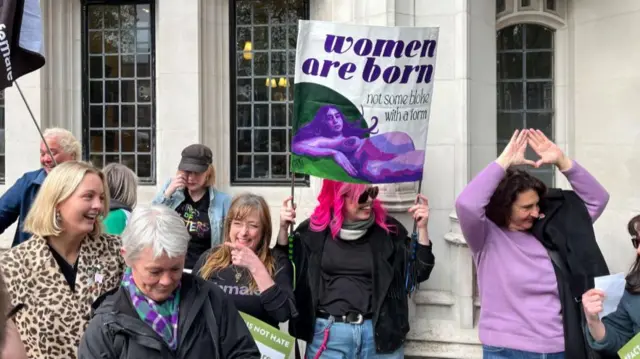
Campaigners and supporters of For Women Scotland celebrated as they emerged from the supremecourt by singing “women’s rights are human rights”.
There was hugging and tears among some of thecampaigners.
One woman described those who brought the case all theway to the Supreme Court as “she-roes”.

Outpouring of emotionspublished at 10:23 British Summer Time
Phil Sim
Reporting from the Supreme Court
The campaigners broke into applause as the judges leftthe courtroom.
All had been warned not to disrupt proceedings while thecourt was in session, but there was an immediate outpouring of emotionafterwards.
The For Women Scotland team were in tears, quicklyenveloped in a group hug.
Lord Hodge said the ruling should not be seen as atriumph for one group over another, but the cheering and singing has spilledout onto the street outside the court – this is clearly being celebrated as awin by the group.

Remarkable scenes inside Supreme Courtpublished at 10:21 British Summer Time
 James Cook
James Cook
Scotland editor
Therewere remarkable scenes inside the Supreme Court after the judges left thebench. Campaigners who had brought this case hugged each other and punched theair. Several of them were in tears.
SusanSmith of For Women Scotland told me: “It’s almost unbelievable after so manyyears to finally have got a ruling which reflects everything we’ve alwayssaid.”
Judgement concludedpublished at 10:20 British Summer Time
Lord Hodge has now concluded the judgement by saying that they have allowed the appeal by For Women Scotland, having outlined a number of reasons why.
The court then adjourns.

For Women Scotland have won the case against the Scottish governmentpublished at 10:20 British Summer Time
 Philip Sim
Philip Sim
BBC Scotland political correspondent, at the Supreme Court
There was an audible intake of breath in the courtroom asLord Hodge announced that the Equality Act’s definition of a woman is based onbiological sex.
There were pats on the back from fellow campaigners forthe representatives of For Women Scotland, and the group’s director, Marion Calder, wiped away a tear.
The group’s appeal to the highest court in the land hasbeen successful – they have won the case against the Scottish government.
Gender certificates make Equality Act read in ‘incoherent way’published at 10:15 British Summer Time
Lord Hodge says the predecessors to the Equality Act used definitions of biological sex, and gender reassignment was added as a separate protected characteristic.
He tells the court that, after “painstaking analysis”, including people with a Gender Recognition Certificate in the sex group would make Equality Act read in an “incoherent way”.
He says that issues relating to pregnancy and maternity can only be interpreted as referring to biological sex, while other parts of the Equality Act refers to “certificated sex” as well.
Transgender people still have protection, judge sayspublished at 10:13 British Summer Time
“As I shall explain later in this hand down speech, the Equality Act 2010 gives transgender people protection, not only against discrimination through the protected characteristic of gender reassignment, but also against direct discrimination, indirect discrimination and harassment in substance in their acquired gender,” Lord Hodge says.
The Supreme Court rulingpublished at 10:08 British Summer Time
Quote Message
“The unanimous decision of this court is that the terms woman and sex in the Equality Act 2010 refer to a biological woman and biological sex.
Lord Hodge, Supreme Court
“But we counsel against reading this judgement as a triumph of one or more groups in our society at the expense of another, it is not.”
Supreme Court rules the term sex refers to ‘biological women’published at 10:02 British Summer Time
Breaking
UK Supreme Court judge Lord Hodge announces that the Equality Act’s definitionof a woman is based on biological sex.
He counsels not to see this as a triumph for one side over another and stresses the law still gives trans people protection against discrimination.
Judges begin giving their rulingpublished at 09:53 British Summer Time
Judges at the UK Supreme Court have begun delivering a landmark ruling on legal definition of a woman after a challenge brought against the Scottish government.
The appeal at the Supreme Court before Lord Reed, Lord Hodge, Lord Lloyd-Jones, Lady Rose and Lady Simler was heard last November and, after the two-day hearing, the judges said they would “take time to consider very carefully” before issuing their judgement on 16 April.
Watch live as Supreme Court delivers ruling on definition of a womanpublished at 09:44 British Summer Time
The UK Supreme Court is about to deliver its landmark verdict on how a woman should be defined in law.
The ruling, which comes after a long-running legal battle between the Scottish government and a women’s group, could have far-reaching implications on how sex-based rights apply across Scotland, England and Wales.
Our reporters in court and correspondents will be on hand to explain what’s in the judgement and its implications.
You’ll also be able to follow the ruling right here, just click watch live at the top of the page.

Legal teams are gathered in courtpublished at 09:43 British Summer Time
 Philip Sim
Philip Sim
BBC Scotland political correspondent, at the Supreme Court
The legal teams have gathered in court one, under stainedglass windows, carvings of angels and an imposing portrait of a Duke ofWellington (the son of the famous one).
Both sides say they are in the dark about the outcome;there has been no sneak peek under embargo even for the groups who brought thecase.
The room is packed as we wait for the judges – but theFor Women Scotland case will be the second judgement handed down, probablycloser to 10am.
Political implicationspublished at 09:35 British Summer Time
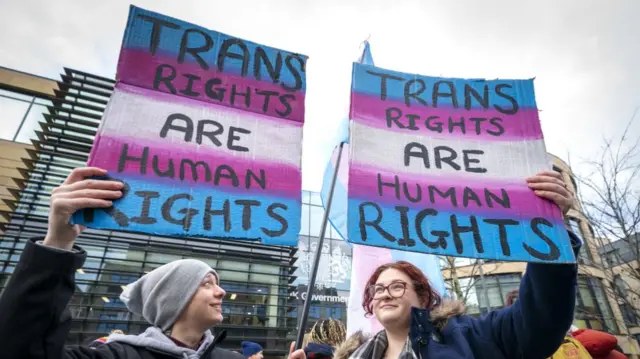 Image source, PA Media
Image source, PA Media
Gender reform has become a political battleground in recent years, particularly in Scotland.
The Scottish Parliament passed the Gender Recognition Bill by 86 votes to 39 in December 2022 in an attempt to streamline the process in Scotland for changing legal gender.
However the UK government then blocked the bill, saying it would it would impact equality laws across Great Britain.
That sparked a legal fight that went to the Court of Session in Edinburgh, where the Scottish government’s challenge to the veto was rejected.
With an election at Holyrood looming next year, today’s verdict will likely provide a political talking point for parties ahead of going to the polls.
This morning’s verdict will almost certainly have implications for political parties on a UK level too – UK ministers will be watching closely in terms of how it pitches future policies on gender reform.
